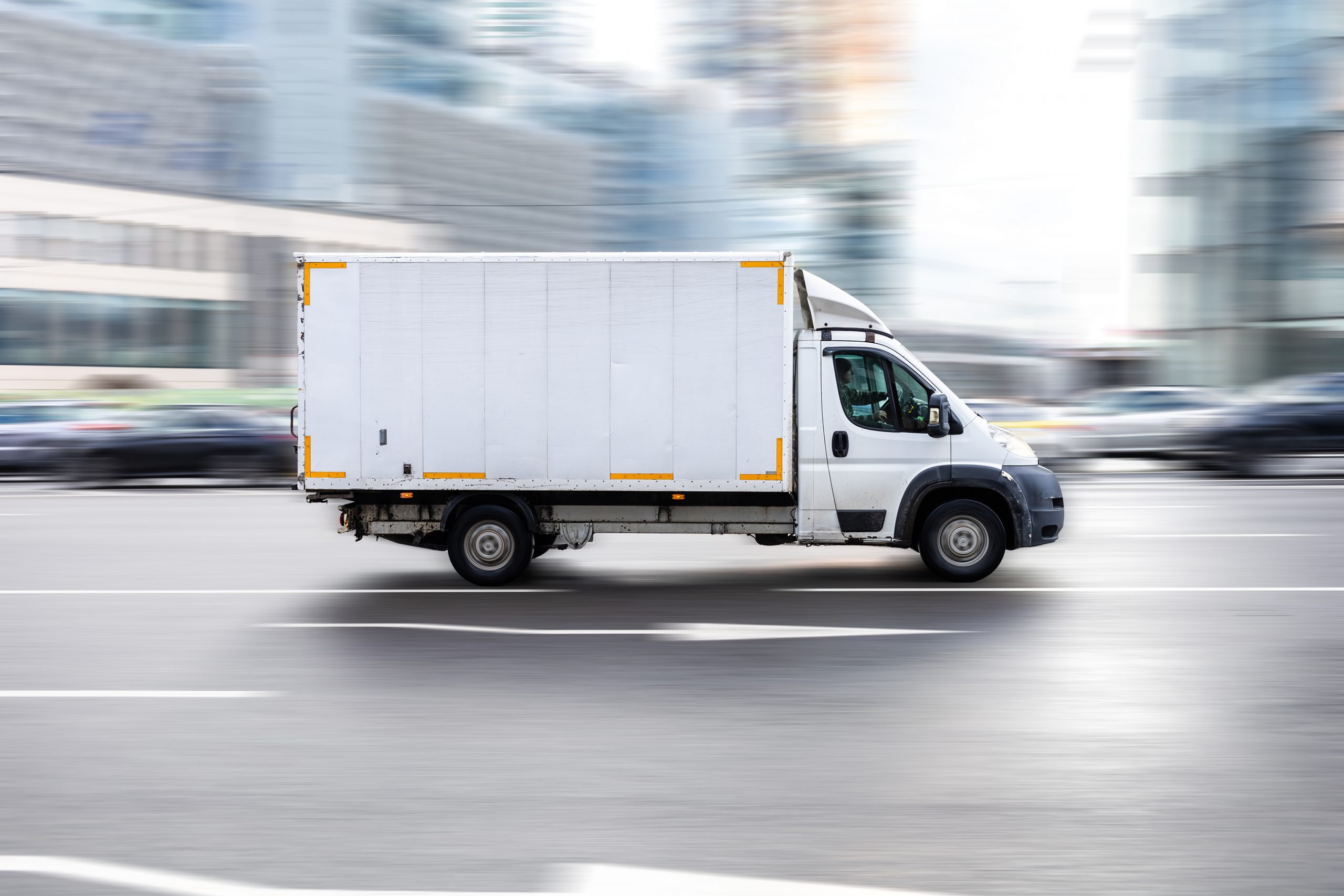The lex specialis Directive 2020/1057 lays down specific rules on posting in the transport sector. It distinguishes between types of transport operations (cabotage operations) to which rules on posting should apply and those not covered by posting regime. As explained in the Questions and Answers on posting of drivers under Directive (EU) 2020/1057 in the context of transport of goods, published by the European Commission, the general criterion for such distinction is the degree of connection with the territory of the host Member State. More specifically, it results from the lex specialis directive, that as a general rule drivers are posted when performing cross-trade and cabotage operations.
Cabotage operations
Cabotage operations are understood as domestic transport operations for hire or reward carried out on a temporary basis on the territory of a Member State by an operator established in another Member State.
Cabotage operations have been classified as posting situations mainly due to the fact, that while performing cabotage operations there is no direct link with the Member State of establishment. In addition, foreign transport operators enter into direct competition with local operators from host countries, therefore they should follow the same rules e.g. with regards to remuneration to guarantee a level-playing field.
It is also important to underline, that Mobility Package has introduced some new provisions with regards to cabotage operations such as an obligatory cooling-off period. These provisions are explained in Question & Answers on Rules on cabotage as applicable from 21 February 2022.
Scenarios explained: cabotage operations
In order to help operators understanding the lex specialis rules, the European Commission, supported by the Expert Group on the posting of drives, has prepared scenarios explaining transport operations as well as identifying situations where posting rules do and do not apply.
Examples of transport operations including cabotage:
- Bilateral operations + cabotage: A driver employed by a company established in Portugal loads a full truck with goods in Lisbon and delivers them to Hamburg in Germany (bilateral operation between Portugal and Germany- excluded from posting). After unloading goods in Hamburg, the driver loads a full truck with other goods and unloads them in Munich (cabotage operation between Hamburg and Munich- posting). Then in Munich, the driver loads a full truck with goods to be delivered to Portugal (bilateral operation between Germany and Portugal-exempted from posting). In case of cabotage it is crucial to understand, when exactly posting starts and finishes. In this scenario posting will start after the end of bilateral operation (unloading goods in Hamburg),
from the moment when the driver starts driving to the loading point to load the goods for the cabotage operation. The posting continues through the carrying out of the cabotage operation between Hamburg and Munich and ends when the goods are unloaded in Munich and the cabotage operation is finalized.
- Bilateral operations + cabotage + unladen journeys: A driver employed by a company established in Germany loads a truck full of goods in Berlin, drives to Paris in France and unloads all the goods (bilateral operation between Germany and France- exempted from posting). The driver then drives empty from Paris to Lyon (FR) to load goods (empty trip combined with cabotage- posting) and unloads them in Marseille (FR) (cabotage between Lyon and Marseille- posting). The driver then drives empty from Marseille (FR) to Nantes (FR) (empty journey combined with following bilateral operation between France and Germany-
exempted from posting). The driver loads a truck full of goods in Nantes and unloads them in Berlin (bilateral operation between France and Germany-exempted from posting).
In this scenario it is also crucial to understand when posting starts and finishes. Posting rules will apply from the moment the driver starts driving from Paris to Lyon, as this empty
journey is combined with following cabotage operation. The driver will be posted while carrying goods from Lyon to Marseille (cabotage in France). Posting will end when the goods are unloaded in Marseille (end of cabotage). The following empty trip between Marseille and Nantes will be exempted from posting as its aim is to load goods to be delivered to Germany as bilateral operation.
Conclusions
According to lex specialis rules drivers are always posted when performing cabotage operations. This is due to the fact, that while performing cabotage there is no direct link with the Member State of establishment. In addition, foreign operators enter into direct competition with national operators.
In case of cabotage it is important to understand when posting starts and when does it finish. As a general rule, posting starts after unloading of goods being delivered as bilateral operation and from the moment the driver starts driving to load goods to be transported as cabotage operation. Posting will end when goods will be unloaded in a host Member State.
Whether an empty trip before and/or after cabotage will be classified as posting operation will depend on its purpose. An empty trip with an intention to load goods to be transported as cabotage will fall under posting rules. An empty trip with an aim to load goods to be delivered back to the Member State
of establishment (bilateral operation) will be exempted from posting.















